When it comes to education, learning how to think about the world is just as important, if not more important, than learning what to think about the world. Life, culture, politics, ethics and science are all complex issues – so complex that even scholars come to different conclusions after years of study. Part of the academic process is learning how to weigh these differing viewpoints with wisdom. Unfortunately, too many students in America aren’t given the opportunity to learn that.
Lately, under the guise of Diversity, Equity and Inclusion (DEI) and “safe” speech, schools have sacrificed academic diversity. That means sacrificing free speech. Not only does this undermine every student’s freedom of speech and expression, it also hurts students’ ability to grow and develop by squelching academic curiosity.
Education will always be a better place when there is greater diversity, fair access and inclusive practices. But that’s not really what has happened as a result of these policies. In fact, DEI has actually made education less diverse and has allowed certain controversial and divisive viewpoints to thrive. This is because discussion and dissent are considered to be against the principles of DEI – and the alternative viewpoints that would provide context and balance have been forced out of schools under the guise of being harmful or too controversial.
According to the Foundation for Individual Rights and Expression, more than 500 speakers have been canceled on college campuses because their viewpoints were not shared by some students. According to an op-ed written by Emma Camp in The New York Times, college has become a place of self-censorship. She writes, “My college experience has been defined by strict ideological conformity. Students of all political persuasions hold back – in class discussions, in friendly conversations, on social media – from saying what we really think.”
Is this really the way we want education to work in America? The land of the free cannot be too afraid to ask questions and weigh diverse scholarship. We do not want to replace curiosity with censorship.
Our kids deserve a better way forward.
In order to develop academic rigor, encourage academic curiosity and protect the freedom of speech, schools need to adopt specific policies protecting academic diversity.
One way to do this is to stop forcing teachers to sign mandatory DEI statements. These are often vague statements set up to push a specific viewpoint, forcing educators either to sacrifice their beliefs or leave the profession.
Another solution is to get rid of “bias reporting systems,” which unfairly punish students for exercising free speech at schools. Though many bias reporting systems have been ruled unconstitutional, schools still write and promote them as part of their DEI policies.
Finally, it’s important to remove federal funding from any school that doesn’t protect free speech, and also encourage schools that follow the path of the University of Chicago. As they state in the Report of the Committee of Freedom of Expression, “Because the university is committed to free and open inquiry in all matters, it guarantees all members of the university community the broadest possible latitude to speak, write, listen, challenge and learn . . . . [I]t is not the proper role of the university to attempt to shield individuals from ideas and opinions they find unwelcome, disagreeable or even deeply offensive.”
We all need to speak up for free speech, even when we don’t agree with it. Kids need to learn early in life how to have respectful discussions, share a point of view that goes against the grain – and listen when others do the same. It’s the only way to learn how to think about an issue deeply and make the best decisions. We need to take action before future generations grow up without these critical skills.
